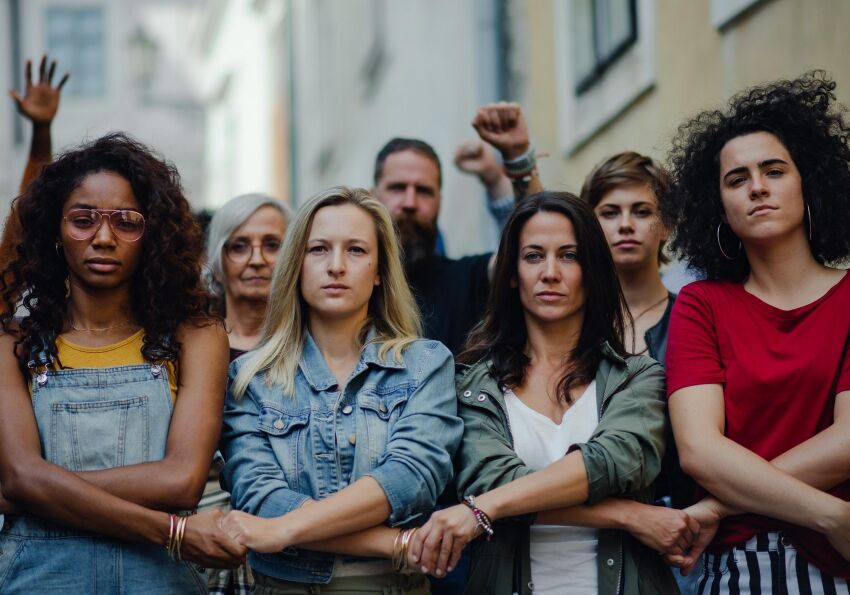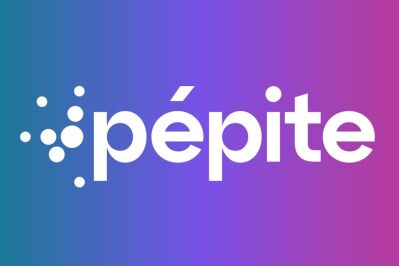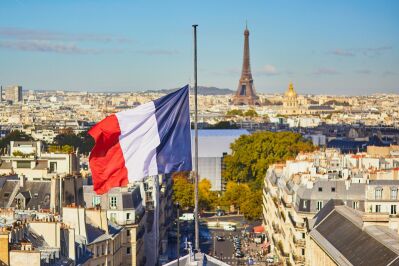 Aktuelles
Aktuelles 
International Women’s Day: marching towards equality
Every year, International Women’s Day is celebrated on March 8 to raise awareness and unite for women’s rights and gender equality between women and men. To mark the event, many events are held all over France during a day of action dedicated to the fight for the rights of women, for equality and for justice. In higher education institutions, several initiatives are also planned, under the sign of action and shared discussions.
As states the official information website Vie Publique, the International Women’s Day stems from the workers’ struggles and women’s marches from the early 20’s in North America and Europe to claim better working conditions and the right to vote. And in 1977, the United Nations officialised the International Women’s Day, pushing all countries to celebrate the rights of women on March 8. A few years later, at the initiative of the assistant minister to the rights of women from this time, France would acknowledge March 8 as the International Women’s Day in 1982.
A call to climate action
Each year, the United Nations defines a different theme to talk about women’s rights. For the 2022 edition, the chosen theme is gender equality today for a sustainable future.
The UN explains that it chose this theme, “in recognition of the contribution of women and girls around the world who are leading the way in adapting to and responding to climate change, in order to build a more sustainable future for all people”. The UN Women website adds that it is women who “bear the most difficult impacts of the climate crisis: it amplifies existing gender inequalities and puts women’s lives and livelihoods at risk”. The day will therefore be dedicated to the launch of a “Call to Climate Action for Women, by Women”, which will be launched virtually on 8 March at 10am (local time) from the UN headquarters.
Key figures of equality
In France, as part of this Day, the ministry responsible for equality between women and men has published a new edition of its Key Equality Figures. This statistics study “measures inequalities in all areas”, in family life, in the professional sphere as well as in education, culture and sports.
In terms of education, the culture of equality can be defined as “education for mutual respect and equality between girls and boys, women and men”. One of the aims of this culture of equality is to “combat gender stereotypes in all areas where they may reinforce inequalities between women and men, such as education and career guidance”. On this point, statistics show that, in France:
- female high school students turn away from the digital sector very early;
- the proportion of women in digital training courses is decreasing;
- in higher education, the number of women is stagnating, especially in engineering training courses and training courses with prior selection (preparatory classes and grandes écoles).
The Ministry of Higher Education, Research and Innovation also published an annual report on 8 March, Towards Gender Equality (Vers l'égalité femmes-hommes ?), to assess the progress made towards gender parity in higher education, research and innovation.
Emblematic French and international initiatives
To partly counteract this lack of interest among women in scientific training and careers, several initiatives have been launched in France and worldwide. Among these actions, we can cite a few emblematic examples:
- the Irène Joliot-Curie Prize
The Irène Joliot-Curie Prize has been awarded every year in July by the French Ministry of Higher Education to women scientists for their research work in France for over 20 years. Since then, the Irène Joliot-Curie Prize has rewarded some sixty women scientists with exceptional careers in all research disciplines, including internationally renowned researchers such as the anthropologist Françoise Héritier, the palaeoclimatologist Valérie Masson-Delmotte, the computer scientist Marie-Paule Cani, and the anthropologist Fariba Adelkhah.
- the Cap Ingénieuses operation of the Conference of Engineering Schools (CDEFI)
Launched in 2021, the Cap Ingénieuses label is part of the promotion of gender diversity in engineering schools. With the aim of encouraging young girls to study engineering, the label highlights educational and fun projects carried out by schools and their students “with the dual objective of raising awareness of engineering training and careers and the principles of gender equality”.
- the Youth for Equality Prize
Presented on 7 March 2022 by the French Minister for Gender Equality to 18 associations, the Prix Jeunes pour l'Egalité (Youth for Equality Prize) aims to highlight initiatives in favour of equality between girls and boys in several areas, in particular professional equality and the mixing of professions, the fight against the economic insecurity of girls and women and the fight against sexist and sexual violence.
- The L’Oréal-UNESCO International Award for Women in Science
Created in 1998, the L’Oréal-UNESCO International Award for Women in Science honours five outstanding women scientists from five regions of the world each year. These outstanding women researchers are rewarded for their "significant contributions to the advancement of science", either in the field of life sciences, or in the field of physical sciences, mathematics and computer science. Since 2000, additional prizes have also been awarded to young women at the beginning of their scientific careers, recognising the 15 most promising young talents from among more than 250 national and regional young talents.
Additional actions closer to the field
In parallel to these main initiatives, on the field the vast majority of universities and grandes écoles chose to organise the International Women’s Day as they feel better.
Whether it’s in the form of conferences, debates, workshops or art or even sports projects, these institutions located all over France commit to the equality between men and women and experiment the day of March 8 under the sign of action and shared discussions. The association Elles bougent, which received the support of several ministries (including in higher education) offers an agenda of national actions, to discover on its website.
To know more:
General presentation on the UN Women website
Key figures of equality in France
Promoting equality between women and men in higher education
Photo credit: ©Halfpoint-stock.adobe.com





Commentaires
Vous devez être connecté pour laisser un commentaire. Connectez-vous.